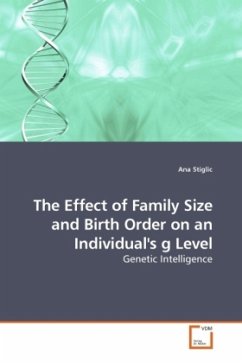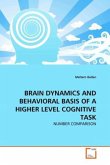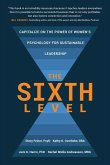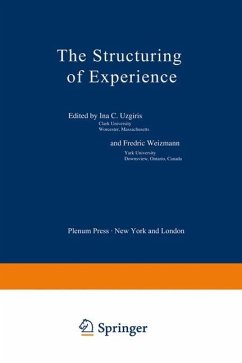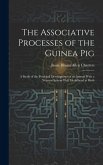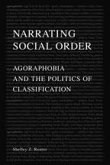This study investigated whether the environment created by being born in a specific birth order and/or family size affects individuals genetic intelligence, or g. Based on the phenomenon of rising IQ scores between generations, the fact that IQ and g are correlated and that nearly all between-family variables have been shown not to produce the rising effect, it was hypothesized that there could be a significant difference in g scores of siblings of the same family and those of different sized families born in the same position. Birth order and family size could be argued to encompass most within-family factors that result in influencing the family environment and its influence on each child within it. Each child is part of the same within-family environment, but each child s experience is different, accounting for the non-shared environmental effects. The Confluence and Resource Dilution Models were discussed as explanations of what happens to g levels. Siblings scores were compared for birth-order effects and the scores of children from the various sized families were compared for family size effects

